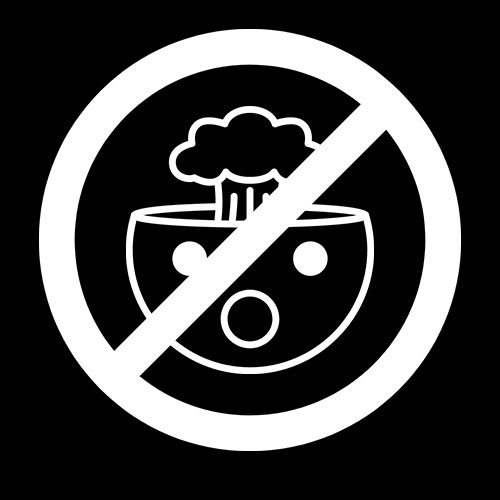Short Term - Speech Therapy (ST)
Goal 0f0374: Short Term - Speech Therapy (ST)
Subscribe to our Therapy Tools add-on to view this goal.
Configure goal:
Sign up to get free access to Ambiki's goal component highlighting tools.
License
Ambiki Goal Components
There exist various frameworks to assist therapists in writing high quality goals. Ambiki has distilled the core elements of each of these frameworks into the components below.
There are components which are self-evident from the text of the goal itself, while there are other goal components which are dependent on the student/patient who the goal is targeted toward (and only you as the therapist are in a position to make a judgement of whether that the goal is written in a way to satisfy that component). The components which are self-evident from the text are color-coded.
Self-evident from goal text
-

Who
Identification of the subject (patient/student) of the goal.
-

Skill
Goals should clearly describe the skill (or impairment) being worked on. Goals should never be vague. This incorporates the "S" (specific) of a SMART goal.
-

Context
Under what conditions and context will the goal be measured? Will the therapist be providing any level of assistance or cues? What kind of support can the patient receive?
-

Measurable
Goals should be observable and measurable. Includes frequency (10 utterances), duration (stood for 2 minutes), or how many times (4 out of 5 attempts).
-

Reason
Why is this goal being worked on? Is there a connection between the movement/activity/skill being worked on to a specific function that impacts the patient's life? Note: If this is covered in the long-term goal then it may be considered an optional component of the short-term goal (if the short-term goal is a child of that long-term goal).
-

Time Frame
The time frame for achieving the goal. Time is tangible, measurable, and specific. How long do you have for the patient? What is the time frame for achieving the goal? Set a deadline and avoid "by discharge".
-

Understandable
The goal should be legible and avoid jargon. Remember that ultimately the target audience is the patient/patient's family.
This component does not have a color-coded helper as it focuses on the entirety of the goal.
Dependent on therapist's professional judgment
-

Relevant / Realistic
The steps needed to reach the goal should be healthy, logical, in line with your overall objectives for the patient, and unique to your patient. Why is achieving this goal important to this patient? Is the goal meaningful to this patient?
-

Achievable
The goal should be reasonable based on the patient's specific challenges. Make sure your patient has the resources and time needed to make the goal achievable. Set the goal based on your patient's physical, cognitive, social and environmental barriers.